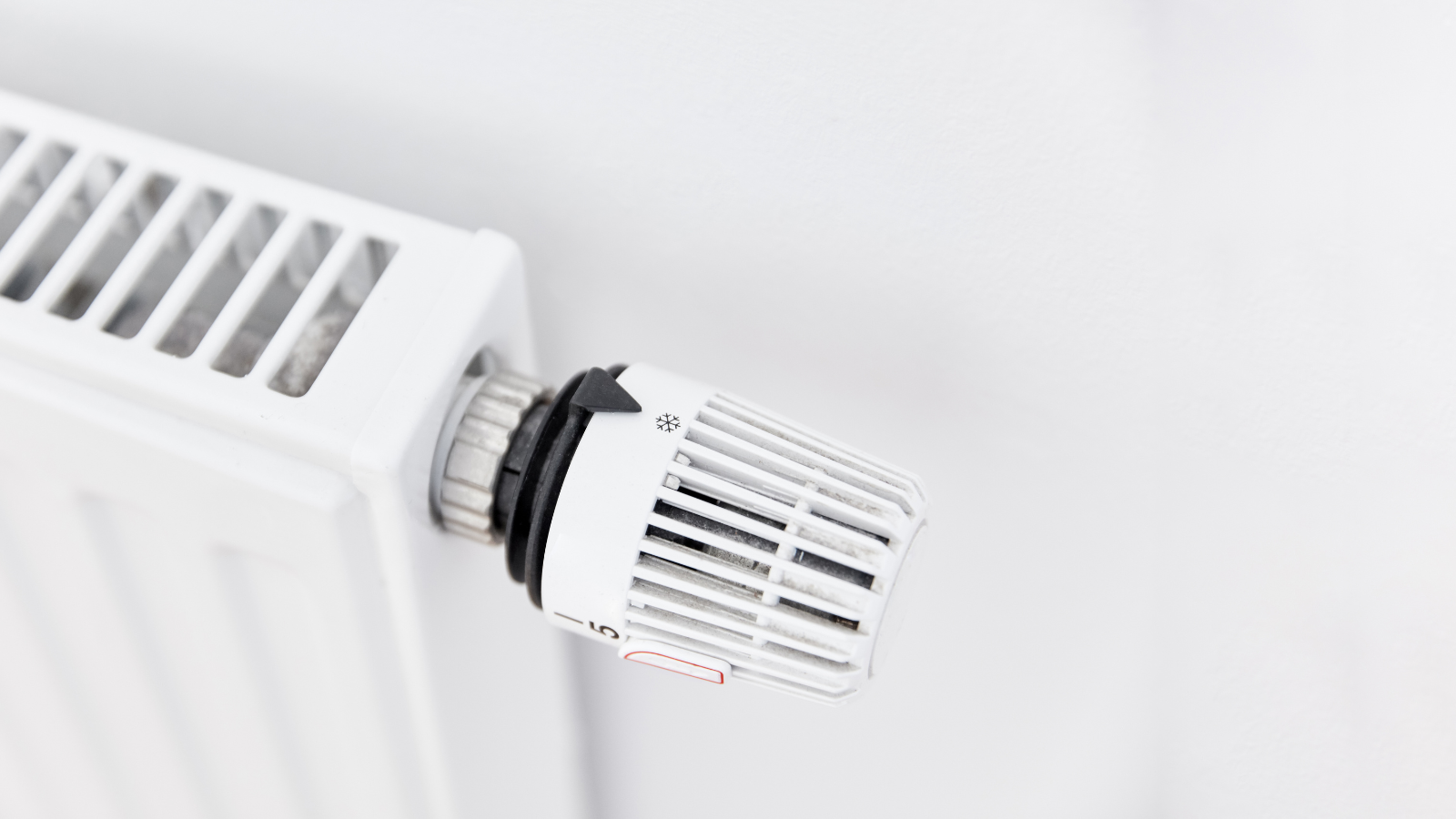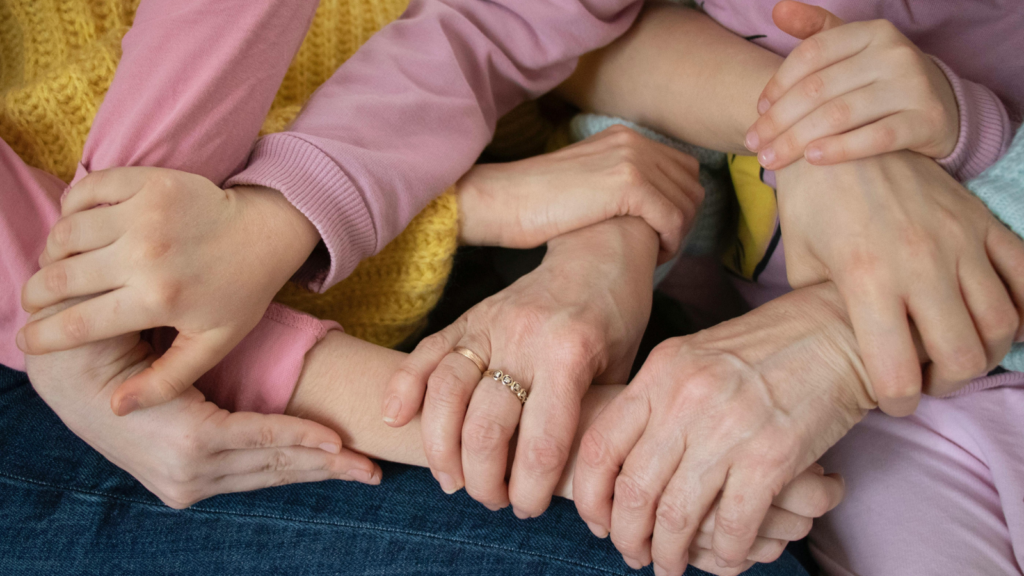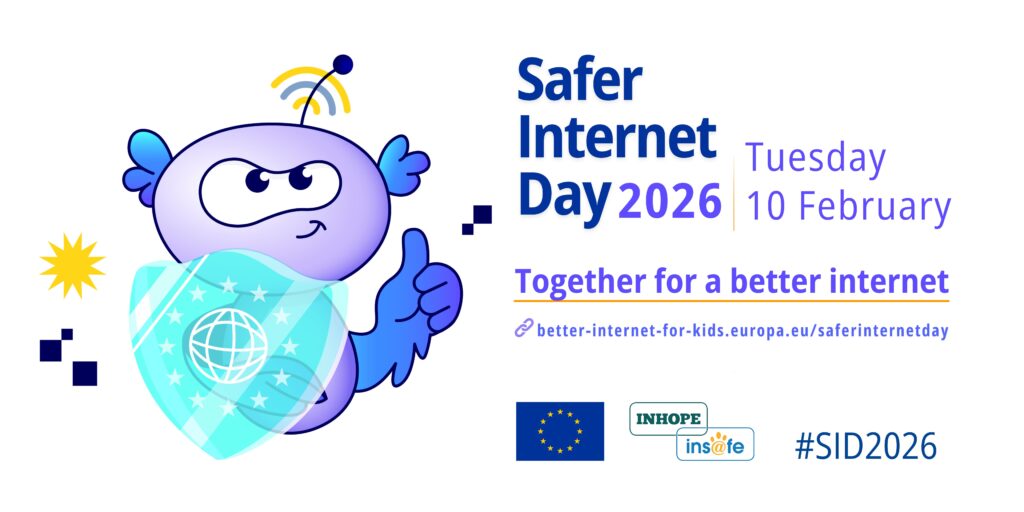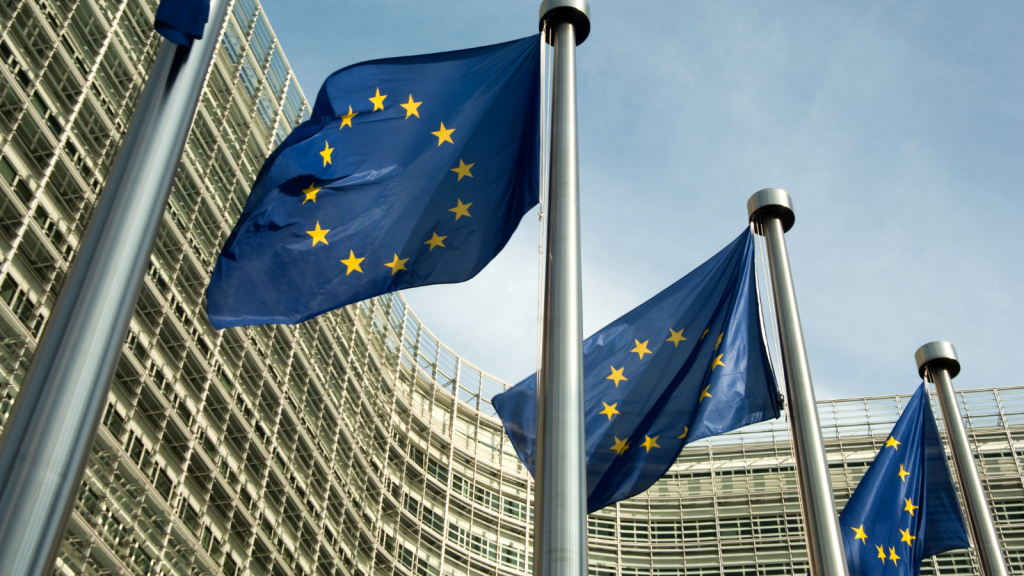Media release
Brussels, 20th September 2023
As international stakeholders gather in Warsaw today for the International Annual Conference on Energy Poverty to address the multifaceted challenges of energy poverty, it is crucial for the EU and its governments to act swiftly for a families-sensitive approach to energy policy and planning. This includes integrated policy solutions that combine energy and social policies which are vital in preparation for the winter ahead. COFACE has developed a policy brief to highlight the family dimension of energy poverty often overlooked by policy makers.
As European societies recover from the COVID-19 pandemic and cope with the impacts of war in Ukraine, the situation has put centre stage the role of families as safety nets while magnifying the shortcomings of our systems which have been ignored for too long. This situation is unacceptable and now is the time to build back better using national and EU policy and legislative tools to achieve greater well-being of children and their families, as well as access to high quality, inclusive and community-based services.
According to the recent energy poverty statistics of Eurostat, 9.3% of the EU population were unable to keep their homes adequately warm in 2022, up from 6.9% the year before. This reflects reports from COFACE members about the worrying impacts of energy poverty on families.
Annemie Drieskens, President of COFACE Families Europe said : “There is an urgent need for inclusive and families centered policies to tackle energy poverty. Policy makers on all levels must ensure the right to energy for all and especially address the challenges that single parent households, women-headed households, families with disabled family members, as well as larger families and intergenerational households are facing.”
The new COFACE policy brief examines what factors contribute to supporting a more family-sensitive approach to energy policy and programming for the effective implementation of social rights. In the light of the current energy crisis, this brief also considers what further policy adjustments are needed to address new emerging challenges. For instance, due to the inflation resulting from the economic crisis, the increase of child benefits or subsidies for low-income households to help them afford rising energy costs, through energy vouchers or through affordable basic energy packages. Finally, the brief highlights the wide range of EU policy and legislative frameworks which have been adopted in the last years: these will only be effective if the specific needs and vulnerabilities of households with children and dependents are taken into account, ensuring that all families have access to affordable, reliable, and sufficient energy services.
ENDS//
Notes to editor
- COFACE Families Europe is member of the Right to Energy Coalition which unites trade unions, anti-poverty groups, social housing providers, NGOs, environmental campaigners, health organisations and energy cooperatives across Europe. The coalition campaigns to tackle energy poverty at an EU, national and grassroot level.
- Recognition of access to energy as a basic human right is among the key asks of COFACE under this European Commission mandate: COFACE New Deal for Families of Today
- COFACE is a member of the recently set up Energy poverty stakeholders contact group, coordinated by DG ENER of the European Commission
For more information, please contact Bettina Guigui, Senior Communication Officer : bguigui@coface-eu.org





